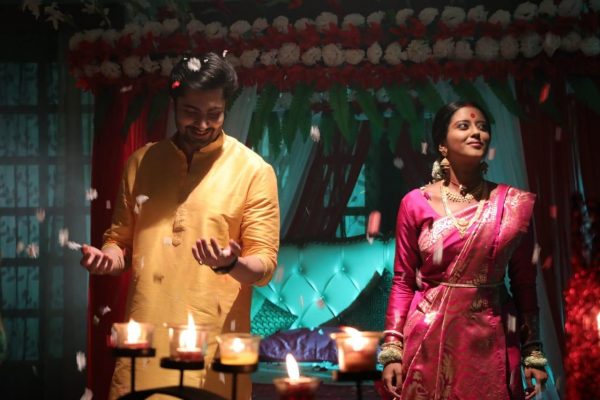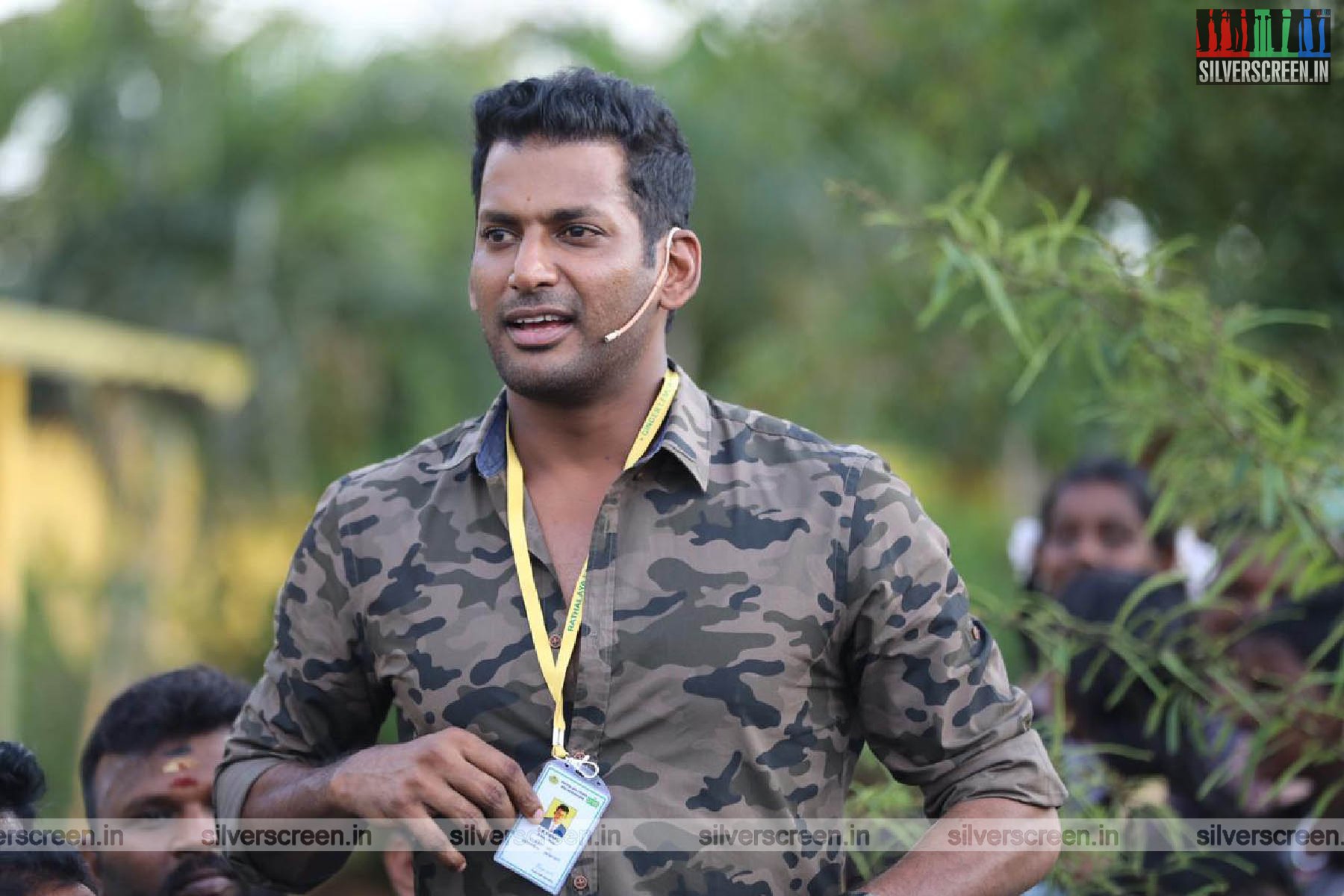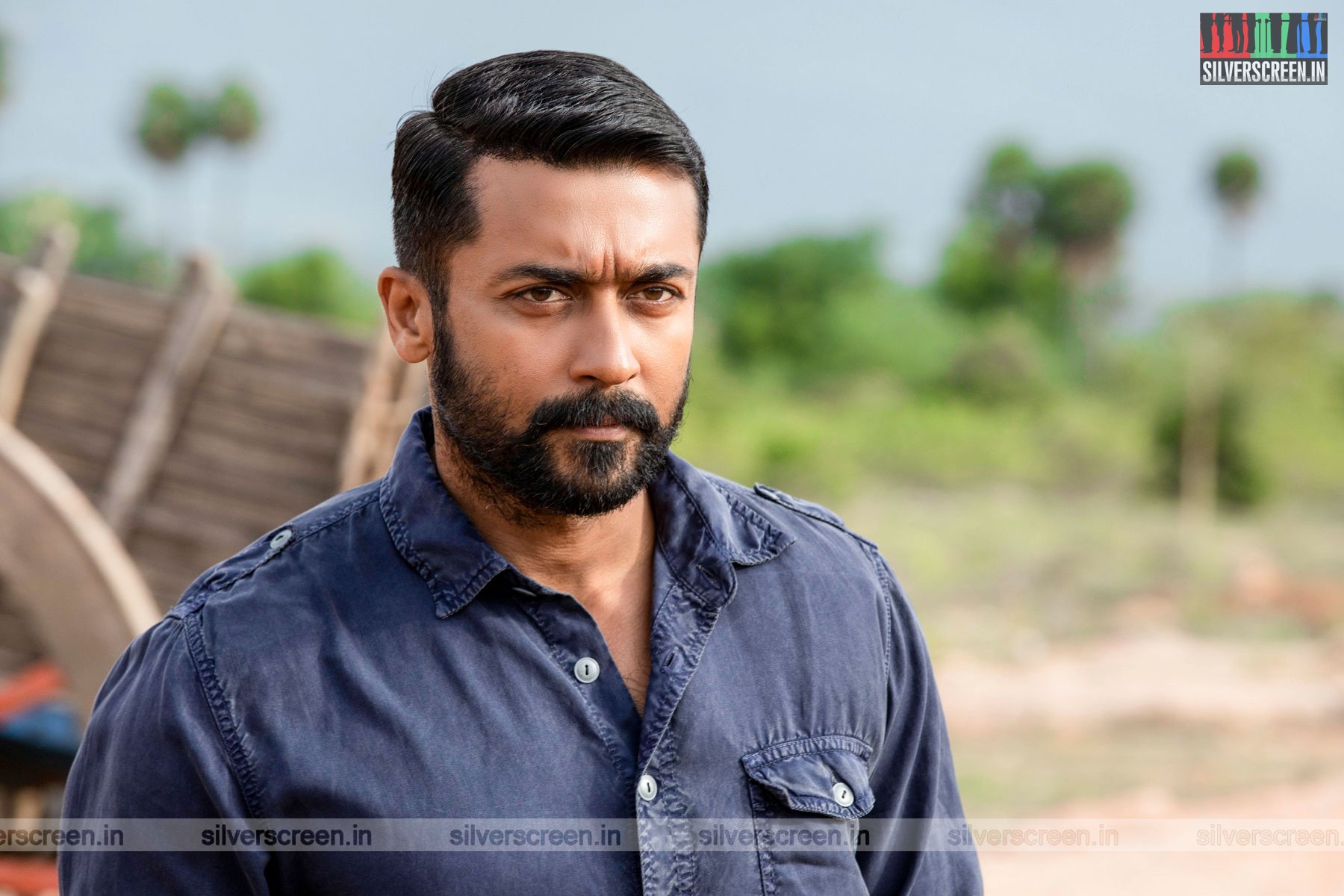In an industry and society obsessed with fair-skinned women, Bengali television serial actor Shruti Das has been breaking stereotypes by playing lead roles in mega serials despite her dark skin tone. But not without a struggle.
Das, who made her debut in 2019 with the Bengali television serial Trinayani, and currently stars in Desher Mati, filed a police complaint on July 1 alleging that she is being subjected to online abuse for her dusky skin colour for over two years.
“I want to shatter these stereotypes and counter the abuse with my work, but when it exceeds all limits, one should come out and raise their voice,” says Das, in conversation with Silverscreen India.
The comment in question was made on the official page of the channel under a screenshot from her ongoing serial.
The investigation is underway based on the complaint she registered with the Kolkata cyber cell and the women’s commission. Das has no idea how long the whole process will take or how long it will be until the culprits are held liable.
While most of the industry has stood by her and applauded her courage, there were also those who criticised her move, alleging it was done for publicity. “There will always be a lot of negativity when you try to do a positive thing,” says Das. “I am just trying to spread awareness. This is cybercrime. And if I can file a case about it, so can anyone.”
Shaming, harassing or abusing someone online or in real life based on their skin tone is a crime punishable under law, she stresses.

“Though the natural skin tone of 90% of Indians is brown, our society is obsessed fair skin, especially when it comes to women, and cinema has been promoting this notion for ages. A heroine is considered ‘beautiful’ only if she is fair,” says Das.
It is notable that actors such as Bipasha Basu and Kajol faced constant criticism throughout their careers for their skin colour and ‘unconventional’ looks as heroine.
Meanwhile, fairness creams have long fed the insecurities of dark-skinned women with many famous actors featuring in their ad campaigns, including dusky-skinned actors like Priyanka Chopra, Deepika Padukone, and Kajol, among others. In recent years, people have started calling out actors for promoting these fairness creams and one brand, Fair & Lovely, decided to drop the word ‘Fair’ from its name.
However, Indian cinema still lacks inclusivity and fair actors are routinely cast in roles that demand a darker-skinned actor and are then painted brown to fit the character. One such recent example is Samantha Akkineni, the actor who predominantly works in the Tamil and Telugu industry, who was called out for sporting a ‘brownface’ in the second season of The Family Man.
Das, who had dreamt of being a heroine in South Indian cinema since she was a little girl, says she was heartbroken when she realised the problem was prevalent across all industries. “I had thought that dusky skin colour would be acceptable there as a large section of the population down South has that same skin tone. But, as I grew up, I began to notice that all the heroines in South Indian films are fair too.”
Since her childhood, Das has been bullied by her own relatives and neighbours who sneered at her due to her dark-skin tone and the abuse later moved to social media with her now being taunted on shooting grounds and at even award shows.
Recollecting an incident from her outdoor shooting days for Desher Mati in the villages of Baruipur, Das mentions how the villagers ran to a co-artist standing beside her, who was fair, thinking she was the heroine. “This happened during Trinayani as well and people who saw me in public would say, ‘Look, Nayan is dark-skinned even in real life’,” she recalls.

“Over the years, these incidents made me think maybe I am not ‘heroine material’,” she adds. “But there have been artists with unconventional looks who have proved their acting skills and are standing strong and will do so in the future.”
Dark-skinned actors who have made a name for themselves in Indian cinema include Nandita Das, Paoli Dam, Kankana Sensharma, Tannishtha Chatterjee, Parno Mitra, Aishwarya Rajesh, and a few others.
These actors have broken stereotypes over the years and have portrayed characters whose sole-demand was not a dark-skinned girl or one hailing from a village. Instead, they have played varied roles including urban women working corporate jobs, regular teenagers aspiring to be big musicians, RJ in a big city, etc.
Meanwhile, the kind of roles offered to Das in the three months between her first and second serial all demanded either a ‘dark-skinned’ or ‘imperfect’ girl, or specified that the character was ‘not a girl from a rich family’.
She has no major problem with this though. “My look doesn’t suit the character of a crorepati rich family’s daughter in a western dress. I have a typical Bengali face and I am comfortable with that. If given the opportunity to wear hot pants and act in a mega serial, I will reject the offer myself.”
Recommended
However, she is clear about where she draws the line. “If I get offered a role where the hero doesn’t like the heroine because of the way she looks, I will definitely say no to it.”
“My character Noa in Desher Mati is educated, attractive, and smart, but still imperfect. And they have chosen me for the role,” she adds, expressing her gratitude to the writers of both the serials Sahana Dutta and Leena Gangopadhyay.
“It is their writing that has made room for a dark-skinned girl to play the lead in a mega serial. This is how things can change. This is how girls like me who enter the industry in the future will get the chance to play lead roles. If actors like Parno Mitra, Paoli Dam and Nandita Das could make it, they can too!”



